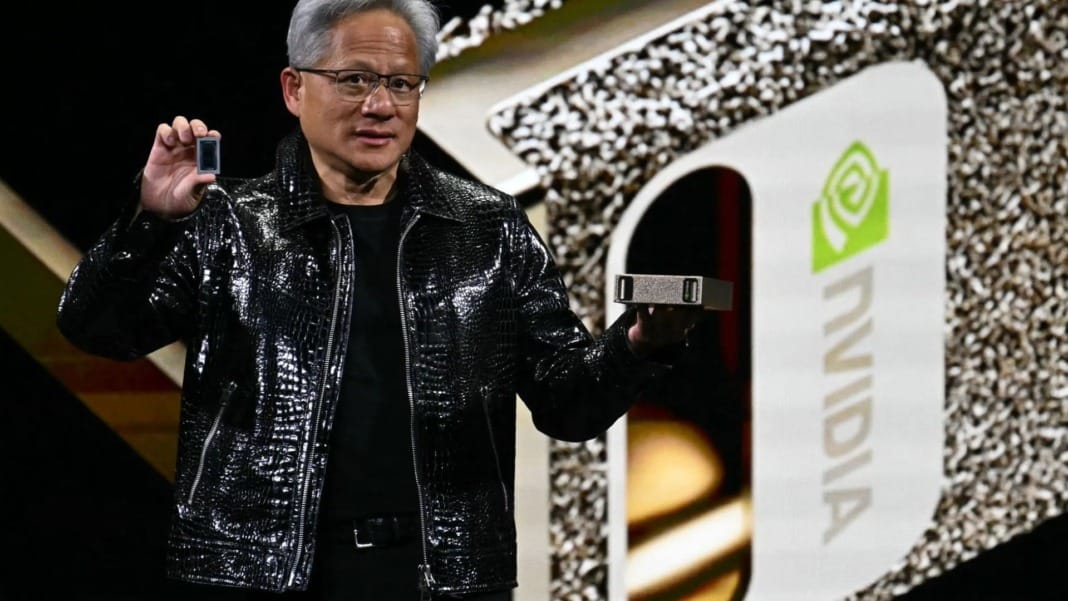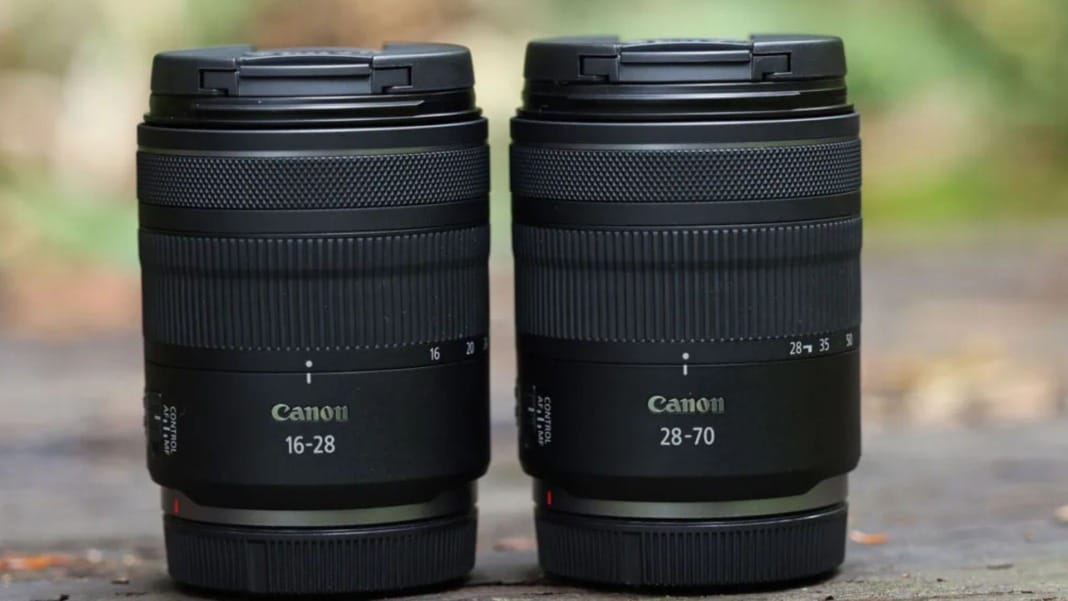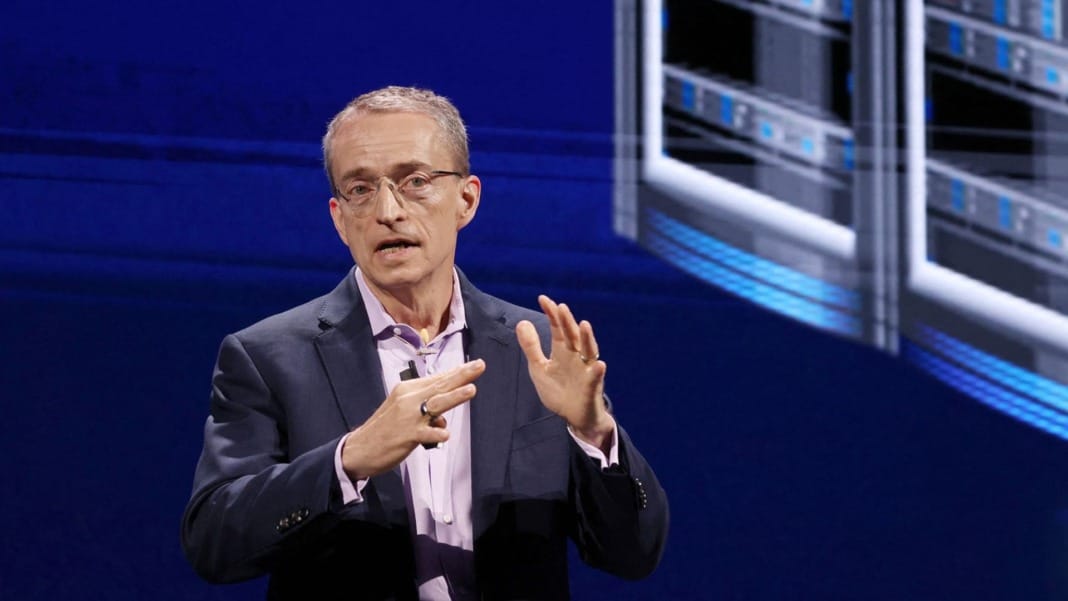On Friday, Chinese AI startup DeepSeek made waves in the tech world by unveiling its R1 model. The R1 is being hailed for its exceptional functionality and accuracy despite using fewer resources and computing power than many of its U.S. counterparts. While this is a positive leap for the global AI industry, not everyone celebrates it.
Nvidia, a leader in the semiconductor industry, took a financial hit in the wake of DeepSeek’s achievement. The chip giant’s stock plunged by 16.9% between Friday and Monday, resulting in a massive US$600 billion drop in its market cap. Shares that closed at US$142.62 on Friday dipped to US$118.58 by Monday, according to Yahoo Finance.
Why Nvidia took the hit
DeepSeek’s release of the R1 model is a potential game-changer in AI development. Unlike traditional AI models that rely heavily on high-end, expensive chips, R1 proves that significant advancements in AI can be achieved with fewer resources. This raises questions about the necessity of Nvidia’s top-tier chips for cutting-edge AI work, creating uncertainty about the company’s future prospects.
An Nvidia spokesperson shared their perspective:
“DeepSeek’s R1 model highlights the possibilities of Test Time Scaling, showcasing how new AI models can leverage widely available resources. While pre-training and post-training scaling laws remain critical, test-time scaling introduces another layer of innovation. Nvidia GPUs and high-performance networking will continue to play a key role in inference at scale.”
Political tensions and their role
The timing of DeepSeek’s announcement adds an extra layer of intrigue. A week earlier, former U.S. President Joe Biden signed an executive order imposing new restrictions on exporting advanced U.S.-produced AI chips to countries like China, where DeepSeek is headquartered. Nvidia had publicly criticised the order, calling it “unprecedented and misguided,” warning that it could stifle innovation and global economic growth.
However, in a dramatic turn of events, former President Donald Trump reversed Biden’s decision, signing a new executive order to launch the Stargate Project. This programme aims to invest up to US$500 billion in AI data centres across the United States.
What’s next for global AI dominance?
DeepSeek’s R1 model highlights a critical lesson for U.S. policymakers and tech companies alike: focusing solely on advanced chips and hardware may not guarantee dominance in the global AI race. As AI continues to evolve, breakthroughs like R1 demonstrate that innovation often comes from maximising existing resources rather than simply scaling up hardware.
The rise of DeepSeek marks a pivotal moment in the AI industry, and its implications for Nvidia, global tech competition, and geopolitical dynamics are just beginning to unfold.





